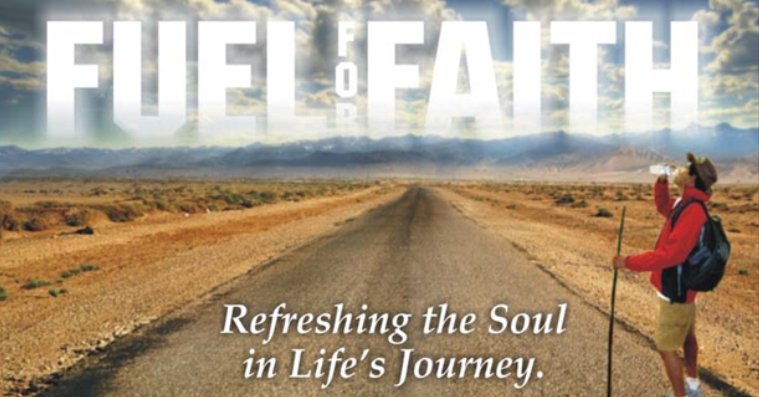
“When I was young, I used to admire intelligent people; as I grow older, I admire kind people” said Abraham Heschel. I guess young people admire intelligent people because they think they have all the answers to their questions, however as we grow older in life we recognize the shallowness of merely possessing knowledge, we tend to respect or look up to people with right attitude to life more than people with theoretical answers.
We live in a competitive world where kindness is almost a forgotten virtue. One of the reasons people are afraid to be kind is the fear of being taken advantage of. Yes it is true that sometimes our kindness could be taken advantage and occasionally it may even bring some pain in return. However, we should remember that we do not try to be kind because we want people to notice or recognize our kindness; instead we choose kindness because that reflects our gratitude to God and care for people. It is not always easy to be kind, but it is important to remember that being kind is a choice we make.
“When I was young, I used to admire intelligent people; as I grow older, I admire kind people”- Abraham Heschel
“Kindness is more than deeds. It is an attitude, an expression, a look, a touch. It is anything that lifts another person” says Neil Strait. “No kind action ever stops with itself. One kind action leads to another. Good example is followed. A single act of kindness throws out roots in all directions, and the roots spring up and make new trees. The greatest work that kindness does to others is that it makes them kind themselves” says Amelia Earhart. In the words of Mark Twain “Kindness is the language which the deaf can hear and the blind can see.”
“Kindness is the language which the deaf can hear and the blind can see.” – Mark Twain
One of the most difficult times to practice kindness is when you think you are right and the other person is wrong. Our desire to help or correct people sometimes drives us crazy and makes us impatient. When people do something wrong or mess up in life they need a friend who is willing to understand their struggle more than a moral teacher who can point finger at them and correct them on the spot. When we are right we tend to focus more on the “rightness” of the issue and forget the importance of kindness. If we have to pick between being right and being kind, most of the times it is safe to be kind because we often do not have all the details to be absolutely right.
Dr. Richard Carlson says “The reason we are tempted to put others down, correct them, or show them how we’re right and they’re wrong is that our ego mistakenly believes that if we point out how someone else is wrong, we must be right, and therefore we will feel better. In actuality, however, if we pay attention to the way you feel after you put someone down, you’ll notice that you feel worse than before the put-down. Your heart, the compassionate part of you knows that it’s impossible to feel better at the expense of someone else.”
I believe we should all stand up for what we believe to be true, but when it comes to helping people it is more important to be kind than to be correct. It is good to be right, but it is better to be kind. The apostle Paul writes “…always try to be kind to each other and to everyone else” (I Thes 5:15). I guess he knows how difficult it is to be kind always that is why he says “try to be kind”. It is not easy to be kind, but remember that kindness is one of the fruit of the Spirit (Gal 5:22). So the next time you feel like correcting someone, even if their facts are a little skewed, show some kindness. Remember the words of Frederick Faber “Kindness has converted more sinners than zeal, eloquence or learning.”
“Kindness has converted more sinners than zeal, eloquence or learning.” – Frederick Faber
– – Author: Rev. Francis Burgula – –
